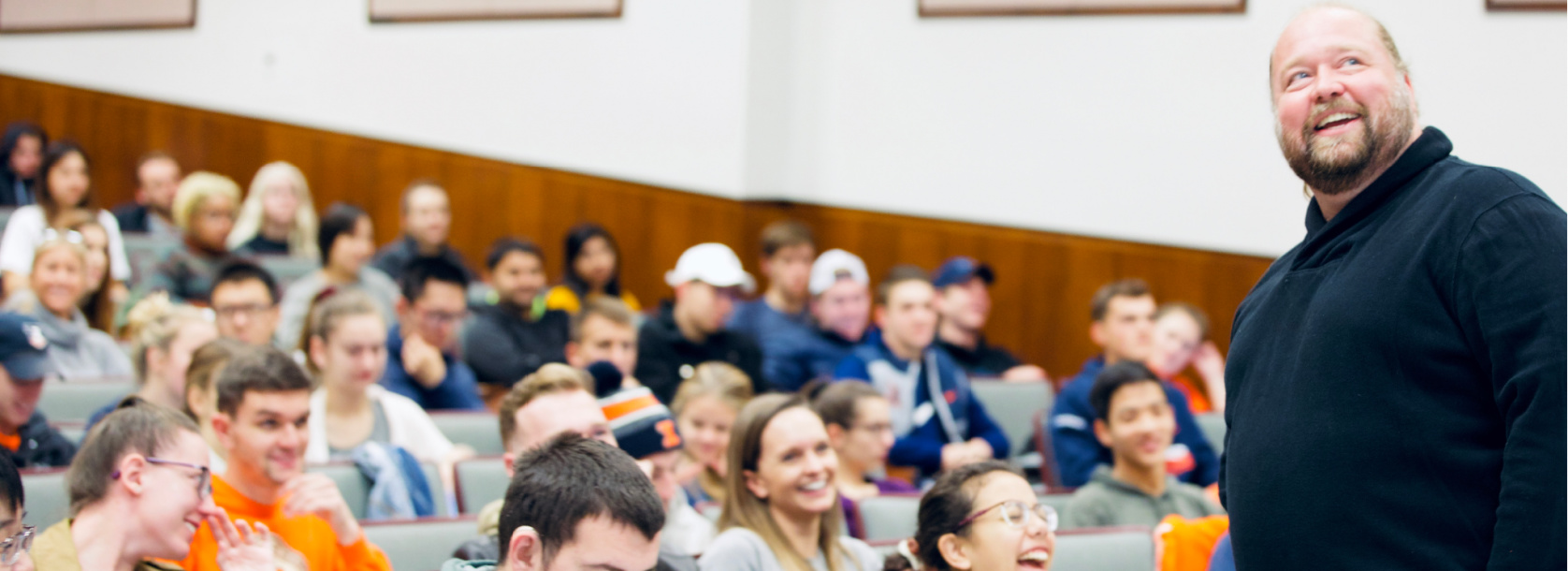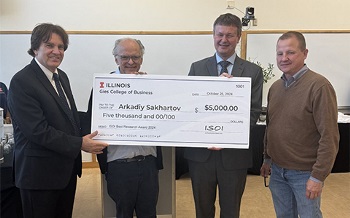Marketing
Marketing is an organizational function and a set of processes for creating, communicating, and delivering value to customers and for managing customer relationships in ways that benefit the organization and its stakeholders. The marketing faculty is renowned for creating carefully crafted classroom experiences that are based on current marketing practices and grounded in real-world examples. Marketing faculty deliver core and elective courses at the undergraduate, master’s and doctoral levels.
Research
Faculty in the marketing area employ a diverse set of research methodologies to explore marketing-related problems. These include quantitative modeling, experimental design, survey approaches, and qualitative research techniques.
Our faculty explore problems ranging from marketing issues in developing economies, consumer rituals, cross-cultural consumer behavior, improving customer relationships, and creating effective models to predict the effects of marketing and retailing-related decisions. Research by our faculty appears regularly in top journals in the field, including the Journal of Marketing, Journal of Consumer Research, and Journal of Consumer Psychology.





